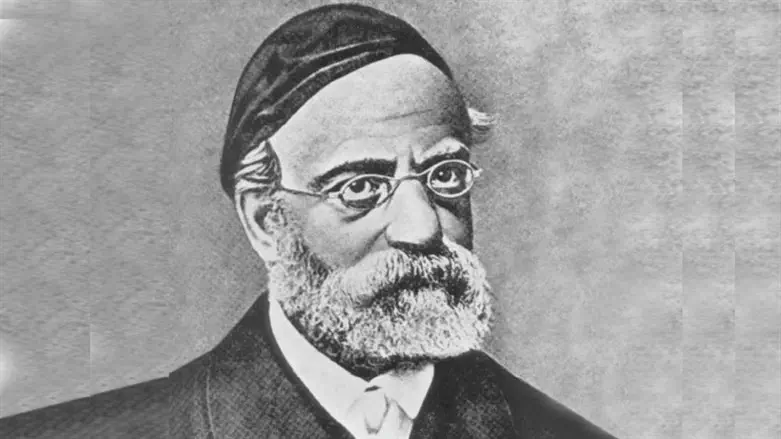
Twenty years ago, I saw “Spider-Man” on an airplane. Toward the end of the film, the supervillain (“Green Goblin”) is standing on a bridge holding Spiderman’s girlfriend in one hand and, in the other, the cord of a disconnected cable car with 20 children inside. He cruelly tells Spiderman to choose between the two and then lets go of both.
Spiderman decides to lunge for his girlfriend.
I remember being horrified at the time. How could he opt to save one life over 20?
Two decades later, I am a tiny bit more sympathetic to Spiderman’s choice (especially since he ultimately manages to save the children too), but it remains wrong for a very simple reason: Morality isn’t determined by our feelings. It’s determined by G-d. And we are called on, first and foremost, to follow our mind, not our heart.
In this week’s parsha, Hashem tells us to put to death anyone who tries convincing us to serve foreign gods – even if that person is “your brother or your mother or your son or your daughter or the wife you embrace” (Devarim 13:7). If you think about it, this command is extremely “harsh,” and yet it’s a command nonetheless. For we owe our ultimate obedience and loyalty to G-d, no one else.
This same principle, writes Rav Hirsch, undergirds the prohibitions against cutting ourselves and tearing our hair in response to the death of a loved one (Devarim 14:1). Those in grief sometimes despair and think, “Life without ________ is meaningless. There’s no point in me living anymore.” This attitude, Rav Hirsch argues, is wrong:
“No personality may chain us so closely to it, allow us to be so absorbed into it, that when it departs from us we may throw our own personality after it as having no longer any value, as would be what the permanent sign of a cut of baldness on our body is meant to express.” The very same verse – Devarim 14:1 – states, “Banim atem laHashem Elokeichem – You are the children of Hashem, your god.” Writes Rav Hirsch: “In the very first instance, your nearest relation is your Father in heaven.”
Familial bonds are not unimportant. The mesorah is passed down from parents to children, and one of the most important national mitzvos – the korban Pesach – is supposed to be eaten in a family setting. The Torah also values the love between a man and his wife. Hashem doesn’t want us to be cold automatons. And yet, ultimately, truth – as determined by Hashem – is supposed to govern our actions, not feelings.
Rav Samson Raphael Hirsch (1808-1888) – head of the Jewish community in Frankfurt, Germany for over 35 years – was a prolific writer whose ideas, passion, and brilliance helped save German Jewry from the onslaught of modernity.
Elliot Resnick, PhD, is the host of “The Elliot Resnick Show” and the editor of an upcoming work on etymological explanations in Rav Samson Raphael Hirsch’s commentary on Chumash.
...
